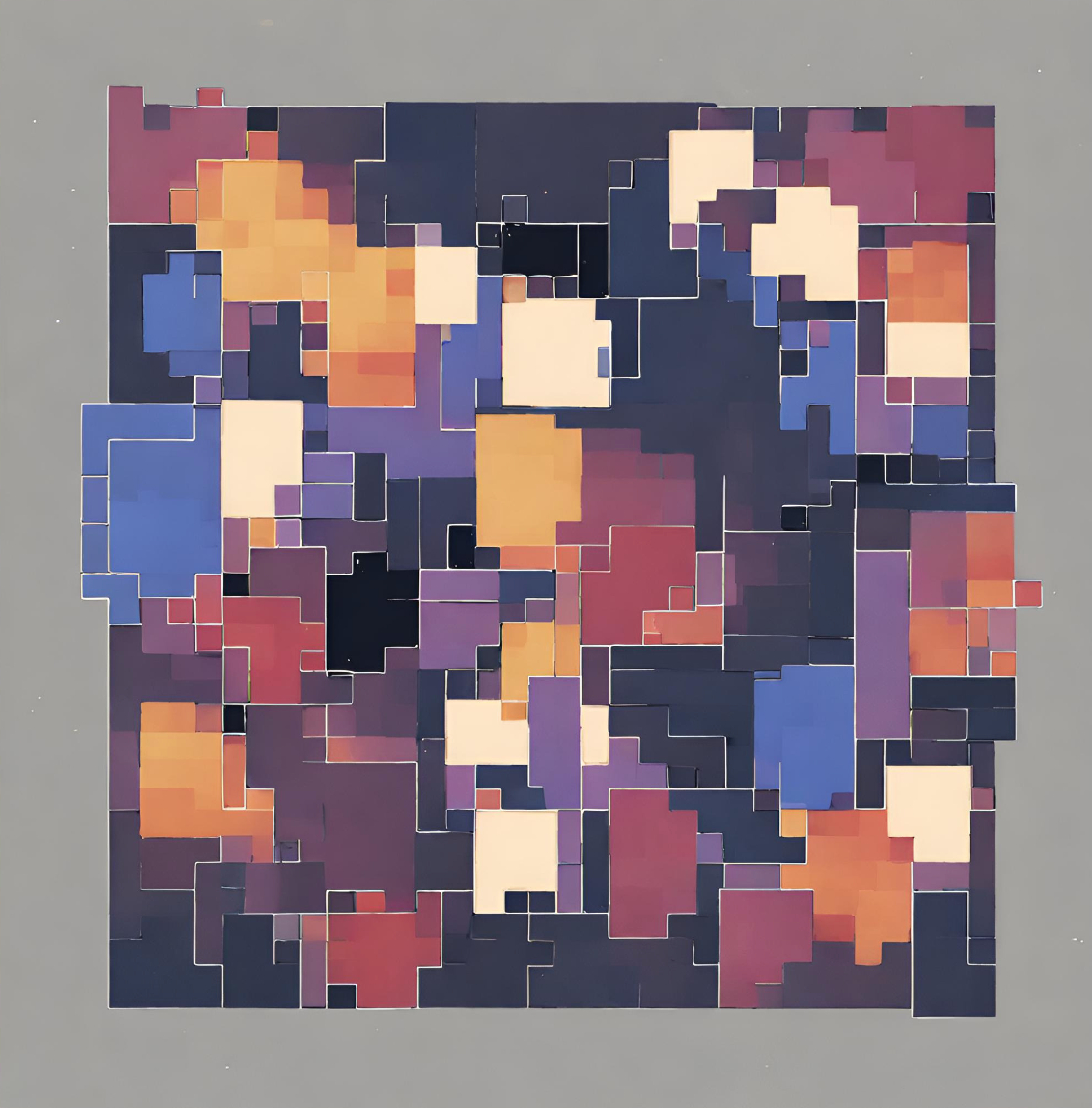Encoder Analysis: Simple NN vs. scVI NN for BGPLVM
by
May 21st, 2025
Audio Presented by

Spreading costs over time, breaking down big payments into smaller bits, managing debt and assets.
Story's Credibility

About Author
Spreading costs over time, breaking down big payments into smaller bits, managing debt and assets.
